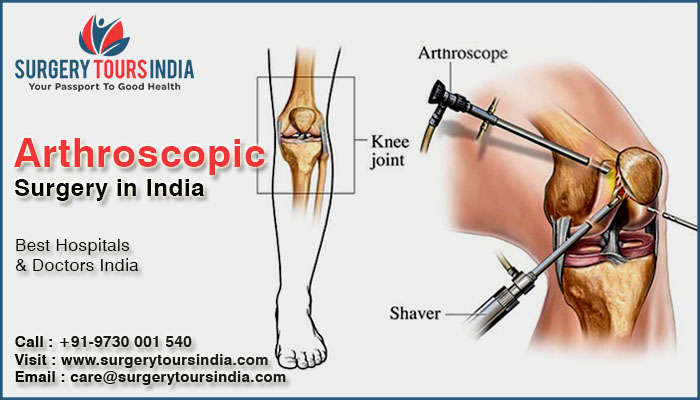Allogeneic stem cell transplant best Allogenic Bone Marrow Transplant Hospital in India. Allogenic Bone Marrow Transplant treatment in India, Bone Marrow transplant, Allogeneic stem cell transplants
Allogeneic stem cell transplant
Our cancer doctors perform stem cell transplants (also
called Hematopoietic Progenitor Cell Transplantation) to treat blood-related
diseases like non-Hodgkin lymphoma, Hodgkin lymphoma, multiple myeloma and
leukemia.
In an allogeneic transplant, stem cells are collected from a
matching donor and transplanted into the patient to suppress the disease and
restore the patient’s immune system. An allogeneic stem cell transplant is
different from an autologous stem cell transplant, which uses stem cells from
the patient's own body.
Identifying a donor
Finding a matching donor is key to a successful allogeneic
stem cell transplant. Donors may include:
- HLA-matched relative (most often a sibling)
- HLA-matched unrelated donor
- HLA miss-matched family member
- Unrelated umbilical cord blood
A donor is often a brother, sister or other relative. In
many cases, donor registries are used to find the appropriate match, through
tissue typing. Tissue typing uses proteins called human leukocyte antigens
(HLA), which are found on white blood cells and tissues, to determine if a
donor’s stem cells are the right match. Through an HLA test, our pathologists
compare your blood and tissue type against blood samples from a donor.
In addition to using stem cells from a donor’s circulating
blood, we can also use cells from umbilical cord blood (cord blood transplant).
Stem cells found in umbilical cord blood are less mature, meaning the cells
have the potential to differentiate into various types of cells. Also, since
they are frozen at birth, the cells have avoided environmental damage and
aging. Therefore, cord blood transplants generally don’t require an extremely
compatible tissue type and may help to reduce the risk of complications.
The allogeneic stem cell transplant process
Before an allogeneic stem cell transplant, you will undergo
a conditioning regime, which typically involves intensive treatment to destroy
as many cancer cells as possible. You may receive high-dose chemotherapy, or a
combination of high-dose chemotherapy and radiation therapy.
Once this preparative regime is complete, you're ready to
undergo the transplant. The transplant typically occurs about two days after
the intensive treatment is complete. Much like a blood transfusion, you’ll
receive the donated stem cells intravenously. The procedure takes about an
hour.
After entering the bloodstream, the stem cells travel to the
bone marrow and begin to produce new blood cells in a process known as
engraftment. The transplant restores the supply of normal cells that have been
destroyed by the intensive therapies.
Mini-transplant
A mini-transplant is a type of allogeneic transplant that
uses lower, less toxic doses of chemotherapy and/or Total Body Irradiation
(TBI) before the transplant. The use of low doses of anticancer drugs and TBI
eliminates some, but not all, of the patient’s bone marrow. It also suppresses
the patient's immune system to prevent rejection of the transplant.
Once the bone marrow cells from the donor begin to engraft,
they may cause a "graft versus tumor effect" and may work to destroy
the cancer cells that were not eliminated by the anticancer drugs and/or TBI.
To boost the graft versus tumor effect, you may be given an injection of your
donor's lymphocytes (immune cells). This procedure is called a donor lymphocyte
infusion (DLI).
After the transplant
Our hematology oncology team will collaborate to reduce the
risk of complications and address your needs throughout the stem cell
transplant process.
Due to the time it takes to build the immune system back up
after a transplant, your doctors will monitor you closely in the months
following the transplant. Sometimes, the high doses of chemotherapy and
radiation you receive before the stem cell transplant can cause side effects,
such as infection. We'll check your blood counts frequently and, if needed, you
may receive a blood transfusion to prevent or treat infections and/or bleeding
issues.
Another risk of an allogeneic stem cell transplant is graft-
versus-host-disease (GVHD), a condition where the donated cells attack your
tissues. The lesser the tissue type match between you and the donor, the
greater the risk of GVHD. Your doctor may prescribe certain drugs to reduce the
risk of infection or GVHD.
Your Name:
E-mail Address *:











No comments:
Post a Comment